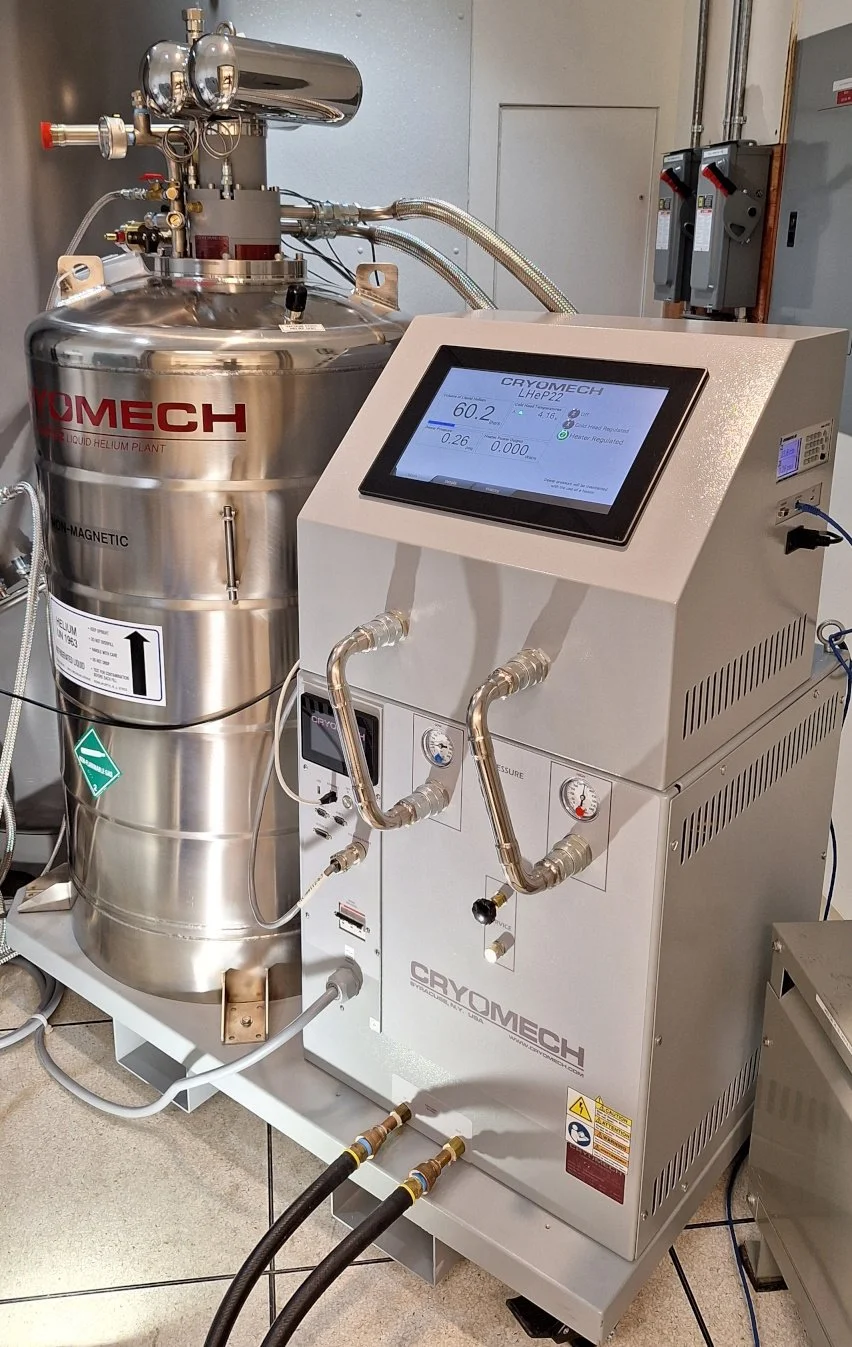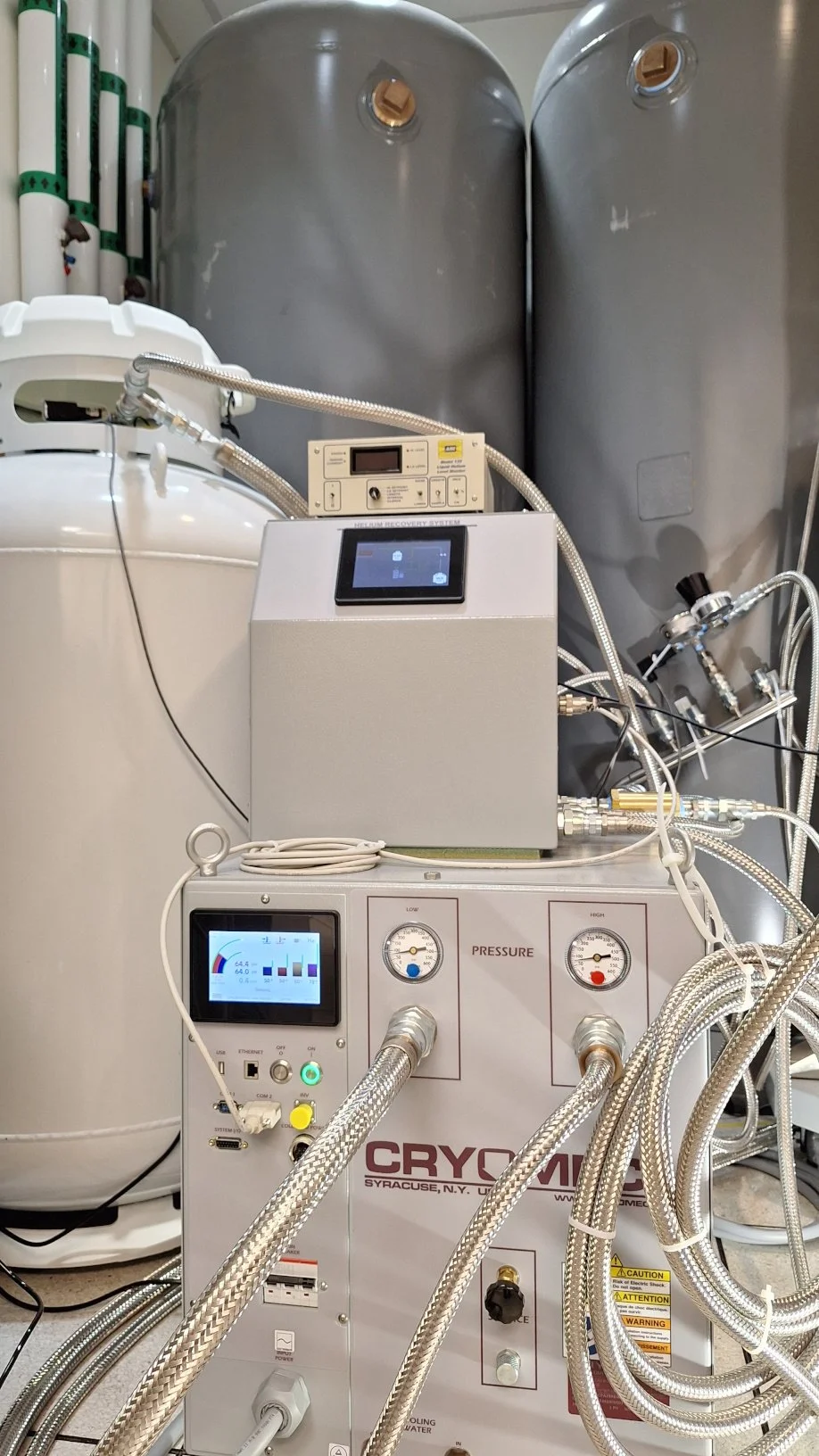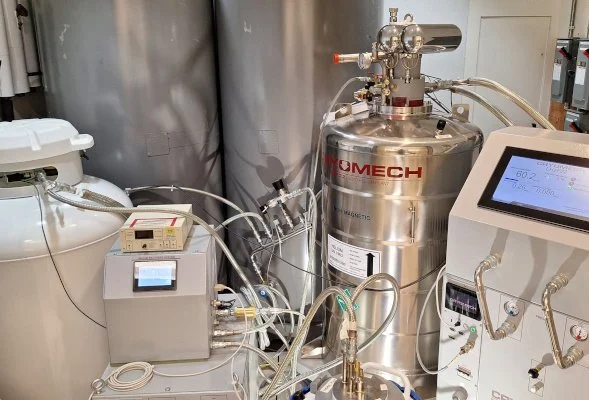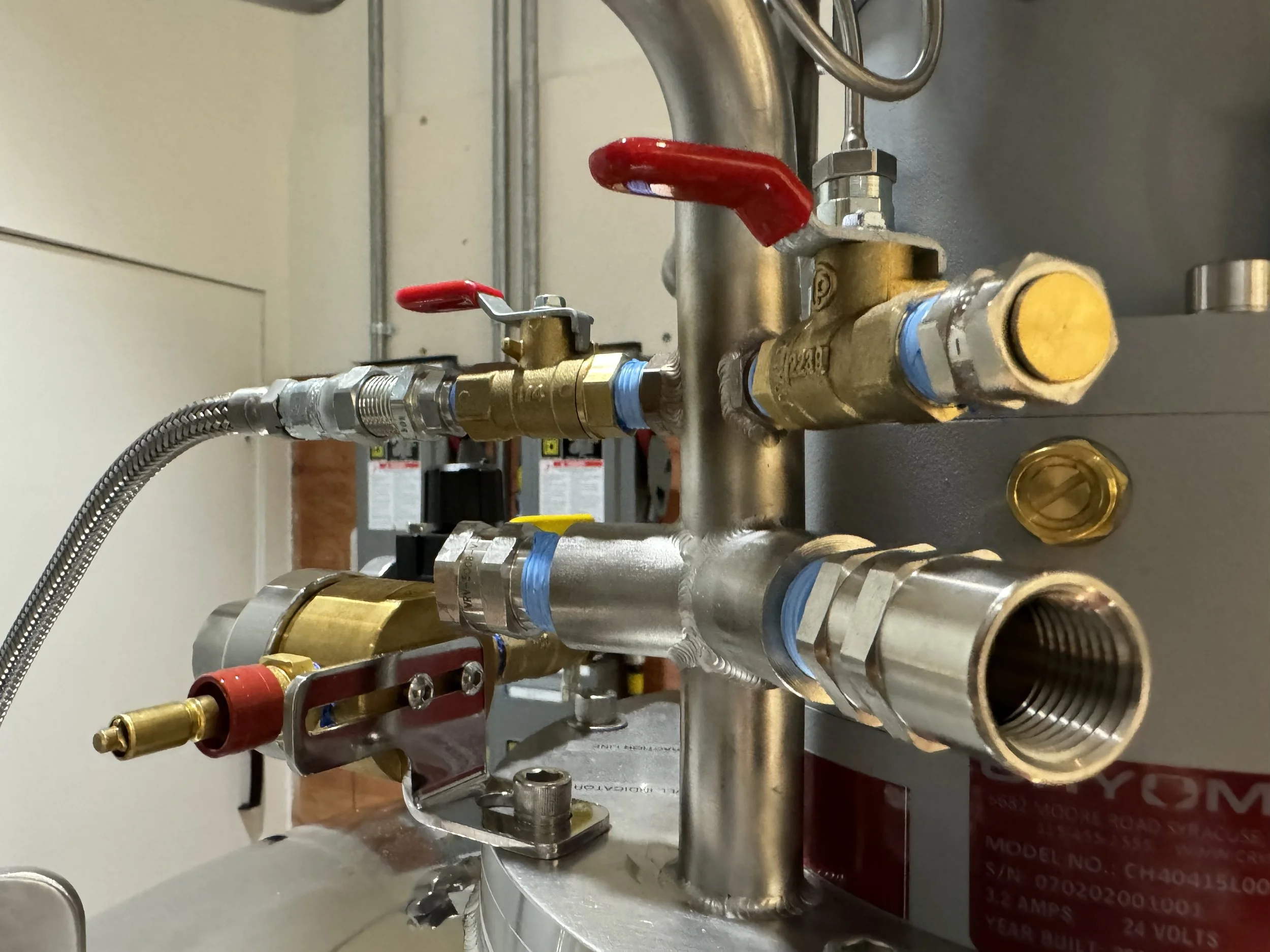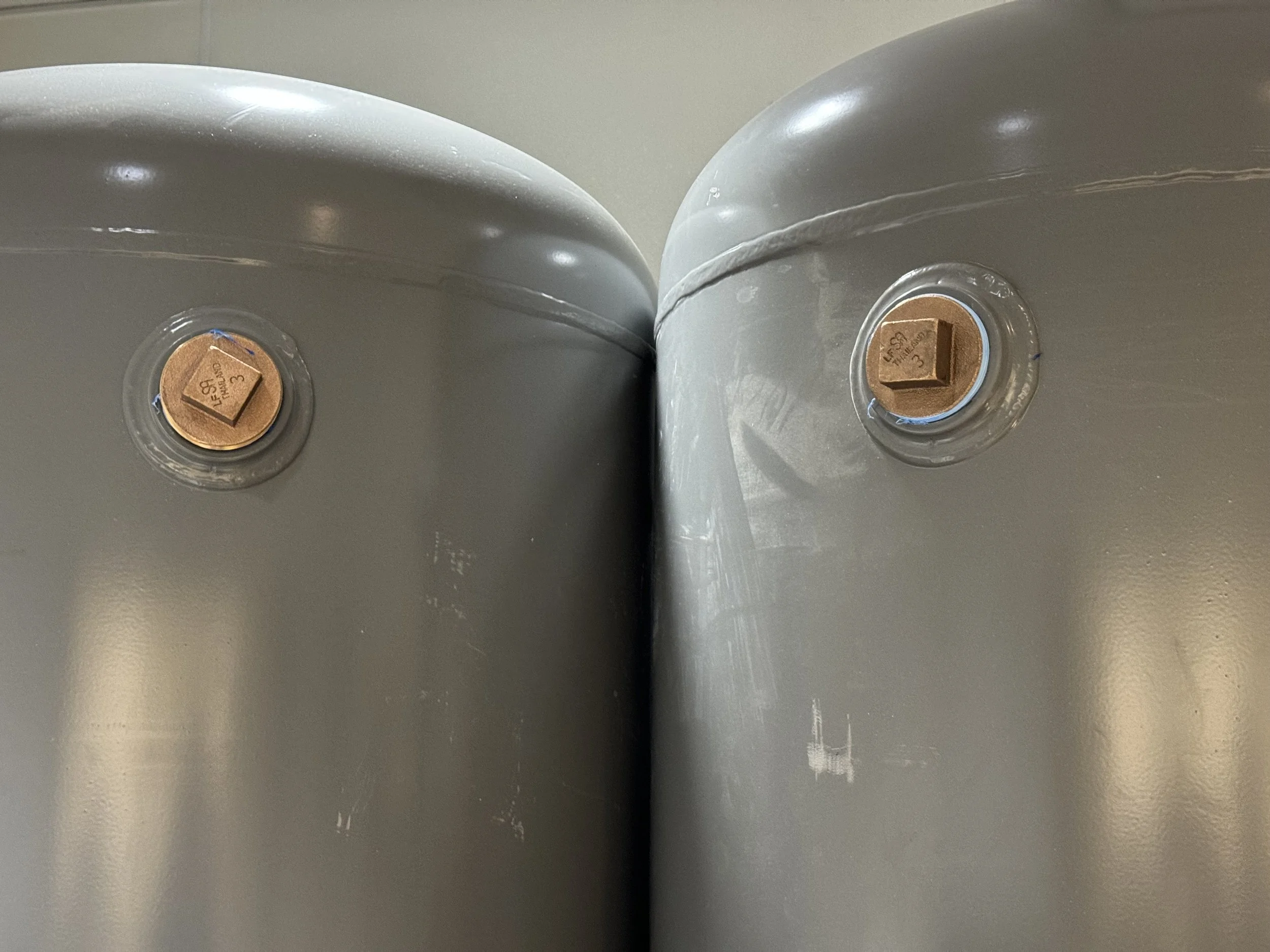A Breakthrough in Sustainability at The Neuro’s MEG Unit
We are thrilled to announce a significant milestone for the MEG Unit at The Neuro’s McConnell Brain Imaging Center. This achievement not only secures the future of MEG advanced neuroscience research but also sets a new standard for sustainability in research practices.
Overcoming Challenges
The MEG Unit hosts a magnetoencephalography system that captures the millisecond-level electrical activity of the brain—a unique tool in the field of neuroimaging. However, maintaining this sophisticated instrument requires cooling with liquid helium, a non-renewable resource. The past decade has seen helium supply disruptions and price surges, with annual costs to our MEG Unit skyrocketing from $50,000 to $160,000. The strain threatened our operations, which supports over 50 researchers, clinician-scientists, and trainees.
Determined to find a sustainable solution, we embarked on an ambitious project in 2020: installing a helium recovery system. This initiative would reduce both costs and environmental impact by recapturing and recycling helium, minimizing waste, and cutting down carbon emissions from transportation.
Helium Recovery
We adapted and partnered with Cryomech (now Bluefors Cryocooler Technologies) to install a custom-designed system. The successful installation in March 2024 marked a new chapter for the MEG Unit. The system recovers approximately 95% of helium used weekly, resulting in
Helium purchases reduced by 90% (from 2500 L to just 250 L annually).
On-site deliveries decreased by over 80% (from 25 to 4 annually).
Lower greenhouse gas emissions, cutting 2.2 tons of CO2 from transport and an estimated 12.3 tons from helium production in just one year.
Sustainability and Community Impact
This project embodies a shift toward sustainable research practices and highlights our commitment to reducing environmental impacts. By eliminating wasteful practices and demonstrating effective resource management, we contribute to McGill’s leadership in sustainability and scientific innovation. The return of reliable operations has allowed the MEG Unit to support ongoing research, with 150 participants engaged across eight studies since resuming full functionality.
What’s Next?
Continuous improvements to the system's integration are underway, with the goal of achieving higher recovery rates and reducing refill frequency to once per week. We’re also exploring the potential for further modifications to create a fully closed-loop, zero-loss system.
We hope this successful project inspires similar initiatives at other institutions, contributing to more sustainable research environments globally.
Stay tuned as we continue to lead the way in innovation and sustainability, and visit The Neuro's website for more on our groundbreaking work.
Acknowledgements
This project would not have been possible without the generous financial support from various contributors. We gratefully acknowledge a Brain Canada Foundation Platform Support Grant, additional support from the Faculty of Medicine and Health Sciences, the Montreal Neurological Institute-Hospital, and the McConnell Brain Imaging Center. Special thanks to leading MEG users, including Sylvain Baillet, Robert Zatorre, David Ostry, Roy Dudley, Anouk Lamontagne, Lucie Ménard, and Nicole Li-Jessen, for collectively contributing $105,119. This combined support was crucial in overcoming budgetary and construction challenges, ensuring the project's successful completion.



